Grade 6: Ages 10-11
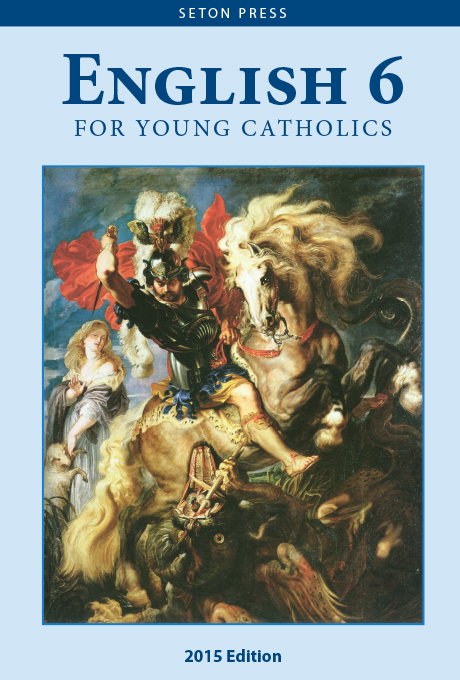
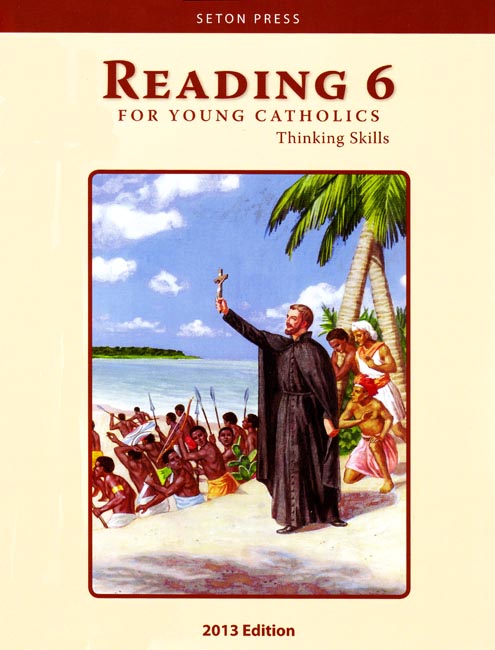
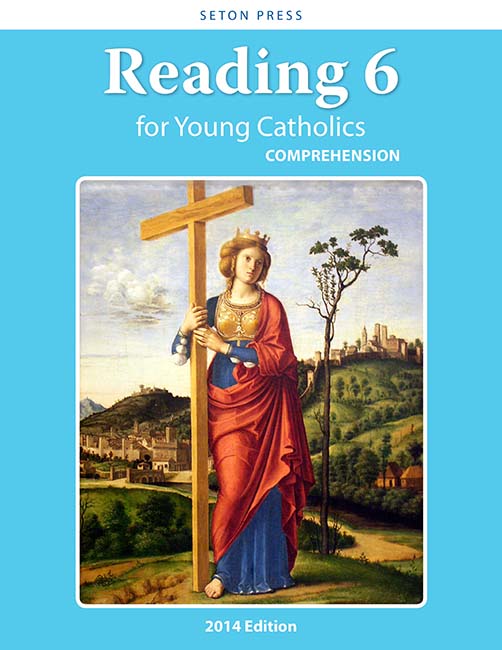
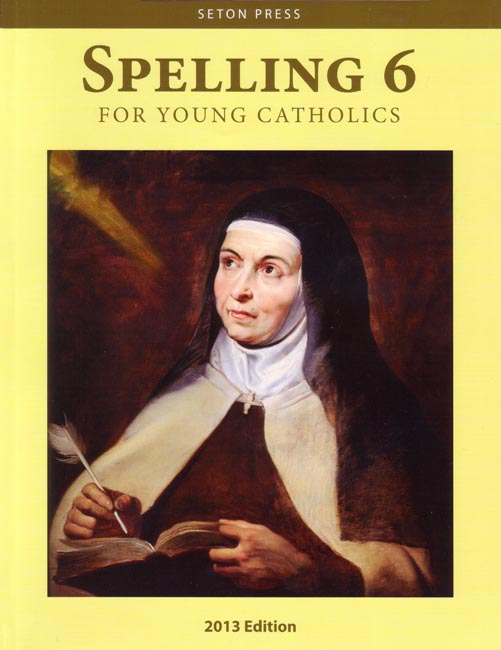
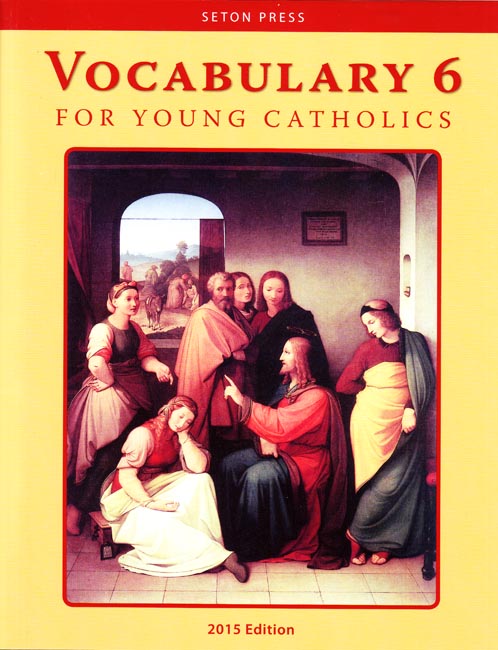
In English 6 for Young Catholics independent clauses and compound sentences are introduced. Sixth graders improve their skills in punctuation, parts of speech, elements of a good paragraph, and sentence diagramming. Students then display these skills in letters, speeches, dramatizations, and paragraphs. In paragraphs about Scripture passages, students move beyond summarizing the material, and use examples to support their own conclusions about what they have read.
Students work with Faith and Freedom readers: This Is Our Heritage and A Book of Valor. They continue to build their skills using the Reading 6 for Young Catholics: Comprehension and Reading 6 for Young Catholics: Thinking Skills workbooks. Four book reports are required, continuing the same format the student practiced in grade five. For the assigned books in the first two quarters, topic sentences are provided for book report paragraphs. In the third and fourth quarter reports, students rely on their own writing and analytical skills to write topic sentences.
In Spelling 6 for Young Catholics, students learn their spelling words in 36 lessons by various exercises and then read them in paragraphs covering saints and Old World history. There are also exercises in alphabetizing and syllabication of words.
Each lesson in the Vocabulary 6 for Young Catholics text begins with a reading selection to learn new vocabulary words or different meanings of words. Each reading section contains 15 new vocabulary words. Several types of exercises help teach alternate meanings. Exercises include memorizing words and meanings, looking up words in a dictionary, identifying words in a list, comparing similar words and contrasting opposite words in sentences, and identifying words in a crossword puzzle. Students learn that the meaning of a particular word may change when it is used as a different part of speech.

![STELIZ1[1] STELIZ1[1]](https://setonschool.pl/wp-content/uploads/elementor/thumbs/ST20ELIZ2011-e1540245727122-nxyrjh0hven4plqynvdyo8pstjjpcmnjky44v35714.jpg)


